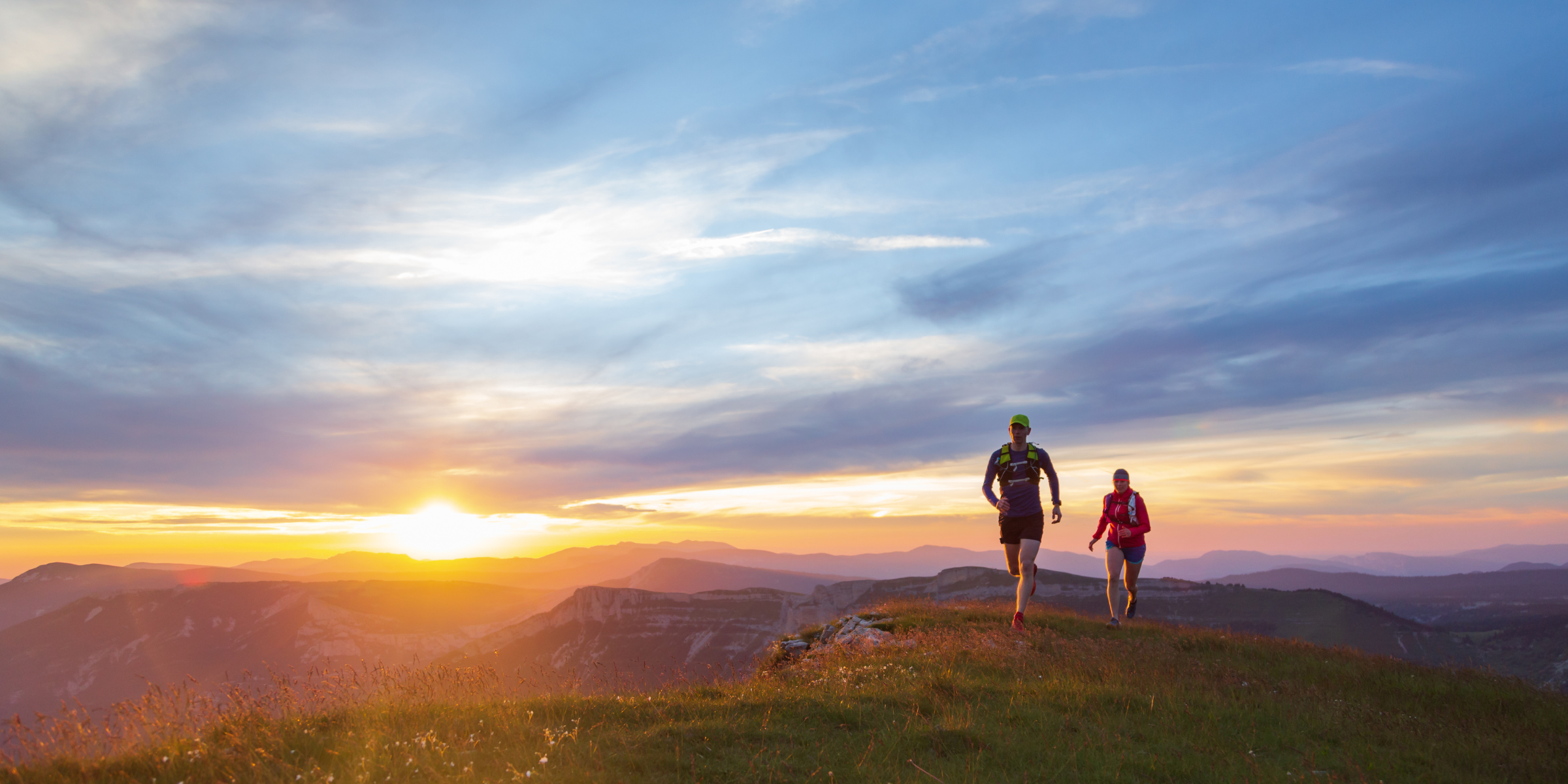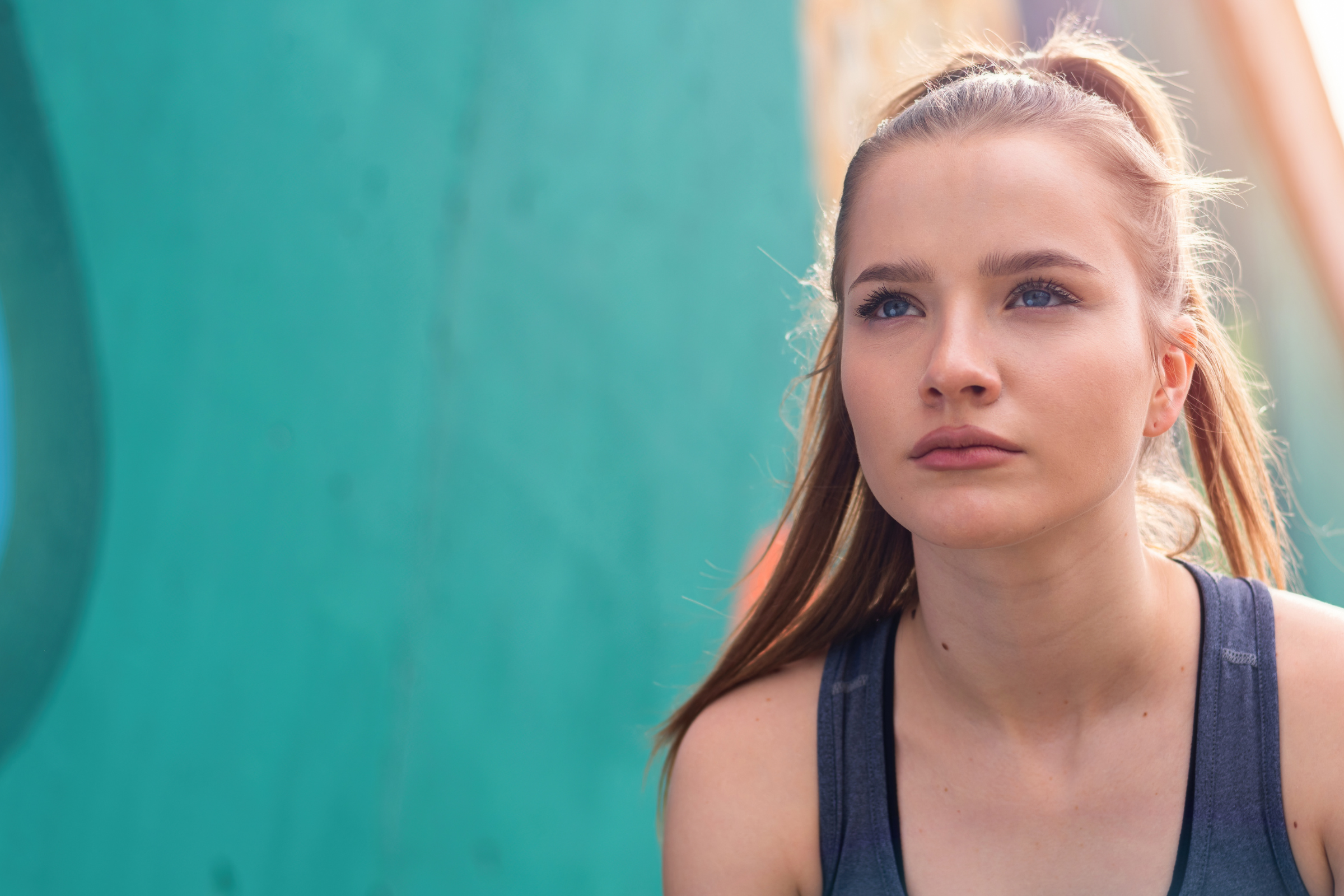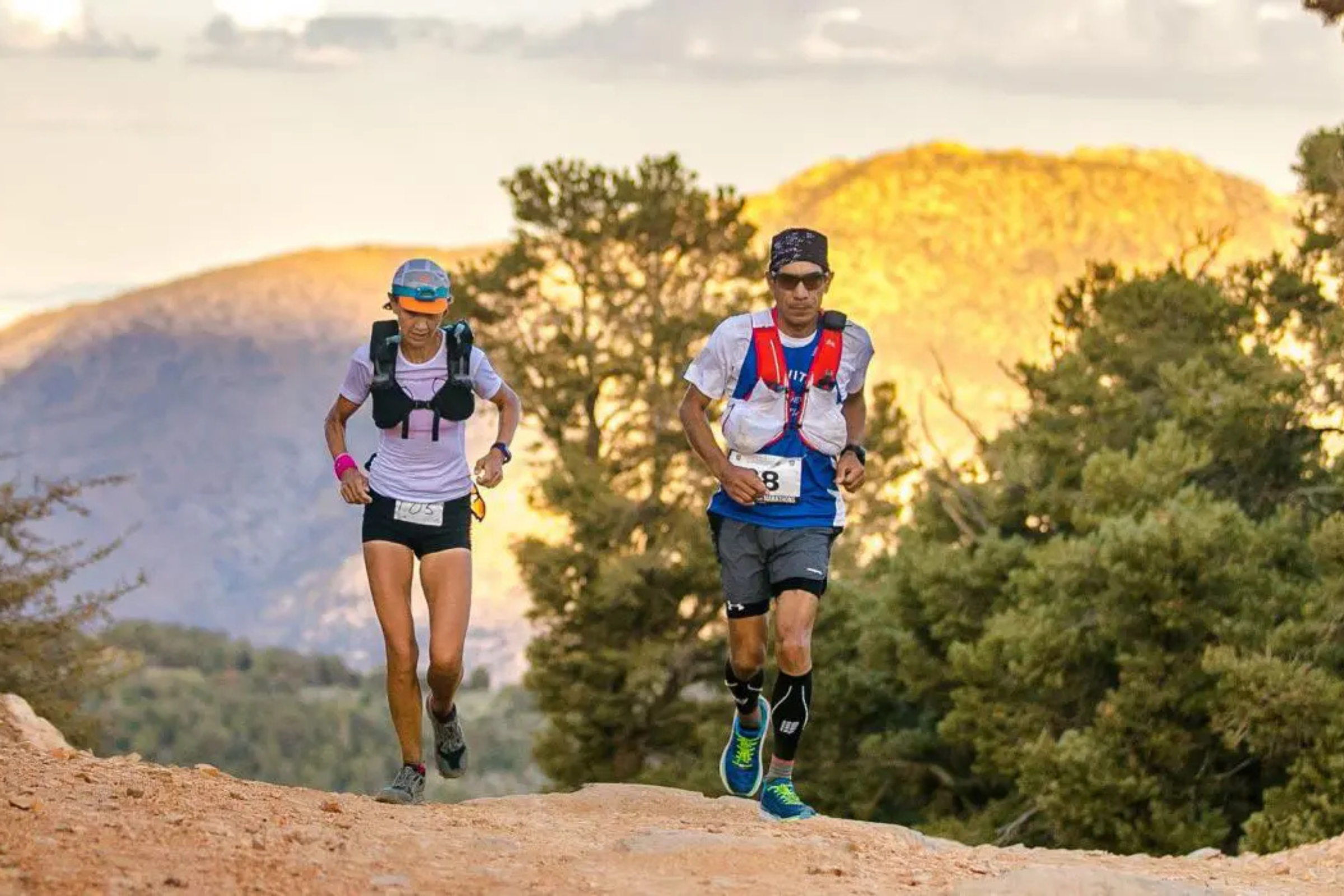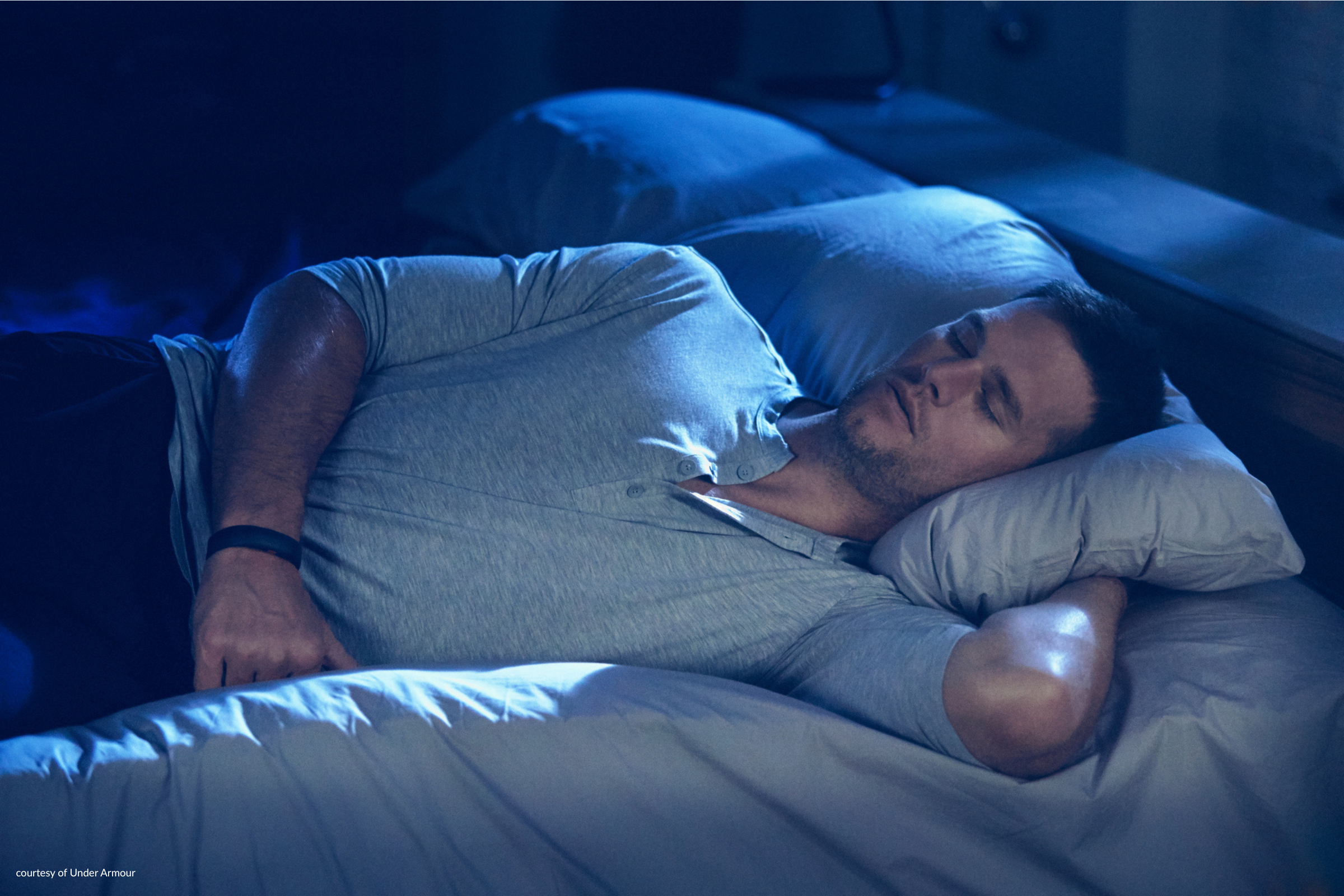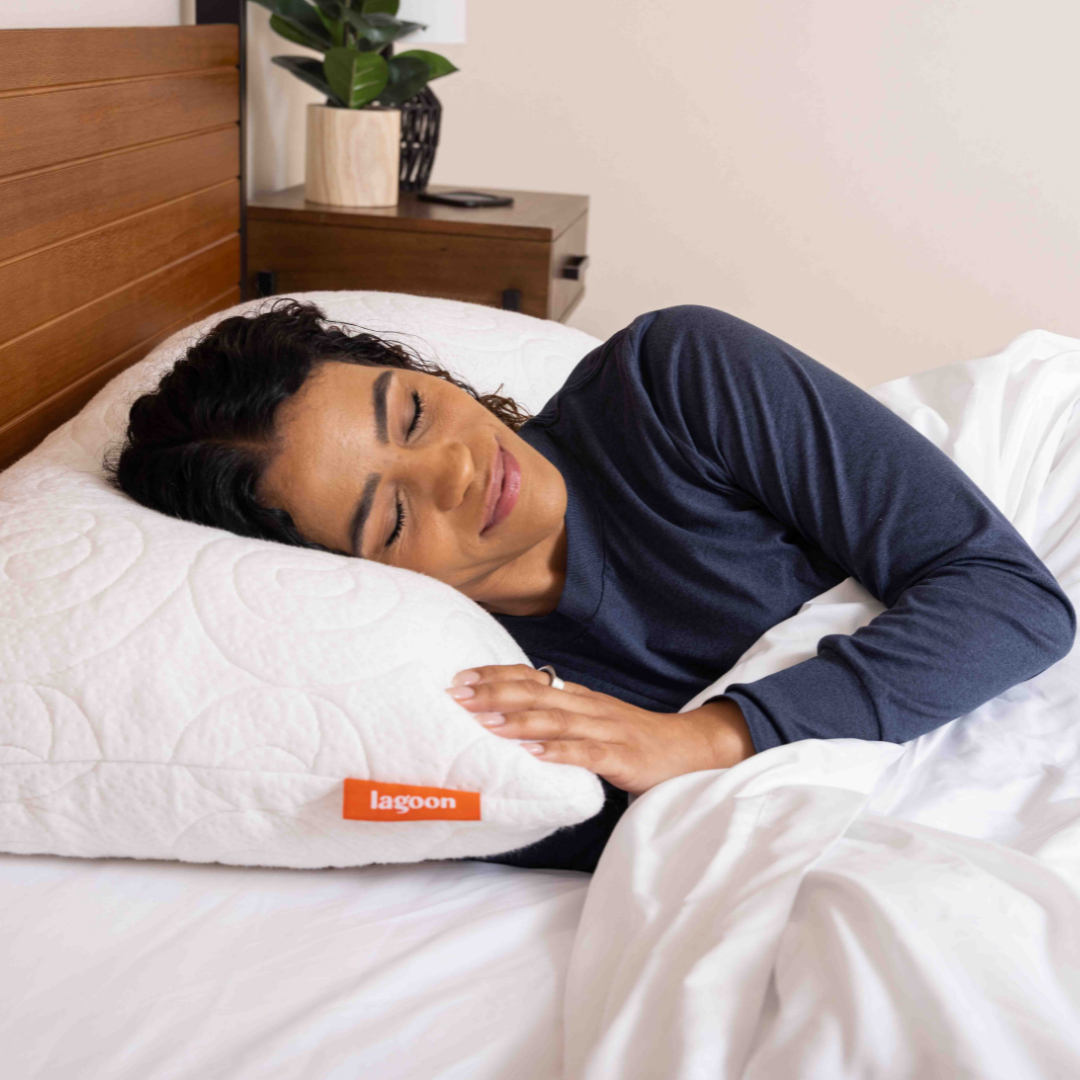👋 Hey there pack members!
How well do you sleep after an ultramarathon? Or what does the world’s first circadian rhythm wearable look like? Keep reading below for all of the major highlights this week in sleep and fitness.
⛰️ How Well Do You Sleep After an Ultramarathon?
According to a recent study, it can take several days for ultramarathon runners to get their sleep back to normal after a race. The study was published in the Journal of Science in Sport and Exercise, and looked at 19 athletes that competed in the 106 mile UTMB race, which goes around Mont Blanc, includes nearly 33,000 feet of elevation gain and loss and takes most runners between 20 and 46 hours to complete.
Participants in the study completed a questionnaire assessing sleep quality, stress levels, fatigue, and muscle soreness. No surprise but there was extreme sleep deprivation during the race, but actually it was the combination of sleep deprivation and the demanding nature of the race that took a heavy toll on athletes’ physical and psychological well-being for several days after the event. There was more fragmented sleep due to muscle soreness, which caused a prolonged decline in sleep quality. Unlike what’s typically seen after normal workouts or races, these athletes did not see a “sleep rebound” - i.e. a significant increase in sleep duration or improvement in sleep quality immediately following the race. Again, this likely due to the fact that their sore bodies were causing them to wake up.
🕶️ The World’s First Circadian Rhythm Wearable
A company called AYO recently launched what they’re coining “the world’s first circadian rhythm wearable.” This week Forbes published an in depth review, as they gave the new glasses a try. The concept is quite intriguing - that the glasses can help expose you to artificial “morning light” when you wake up and put them on your face. This is particularly useful during the winter months when you may be getting up well before the sun. When you put the glasses on, you begin a ‘session,’ and twenty minutes later, the lights go off and your session is complete. According to the company, the blue-turquoise light is the equivalent of 10,000 lux (similar to the bright light emitted by a light box, which is recommended in the treatment of seasonal affective disorder).
💤 Which Types of Magnesium Are Good for Sleep?
I talk a lot about how magnesium has helped me get more restful sleep, and that a magnesium complex (mix) is typically regarded as the best for you. But what are the specific effects that different types of magnesium have on your body? Recently, Very Well Health published a great article that dives into all the details. Magnesium glycinate is easy to absorb and known for its calming properties. Magnesium L-threonate may improve cognitive function, address age-related insomnia in older adults, and contribute to a more tranquil sleep. Magnesium oxide is known to help with magnesium deficiency and to help with acid reflux. While there are plenty of other types of magnesium out there - it appears that these three have the most direct benefits to helping you sleep.
The National Institutes of Health recommends a daily dietary intake of 310–320 milligrams (mg) of magnesium for adult women and 400–420 mg for adult men. Taking magnesium about an hour before bedtime should give the mineral sufficient time to bind to and activate the brain's GABA receptors and relax your muscles, which may help your brain and body relax.
👟 Lagoon Partners with Boulder Marathon
After only 3+ years in the making, Boulderthon (the Boulder marathon) has become one of the fastest growing and most popular marathons in the United States. In 2023 it’s expected to draw over 8,000 runners to the beautiful Colorado city. Boulderton also features a half marathon, 10k, and 5k. And I’m excited to share that this year Lagoon is the “official pillow” of Boulderton, and of high-performance athletes everywhere. Register with code LAGOON20 to save $20 on the Half or Full Marathon.
🕘 This is the best time of day for you to nap, according to science
Naps are having their day in the sun recently. This may have to do in part with a recent study that found that power napping can promote better brain health by slowing the rate at which brains shrink as we age. Or that daytime napping can also Improve memory, increase alertness, improve logical reasoning, and reduce fatigue. People like Tricia Hersey of The Nap Ministry, are preaching the practice and examining the liberating power of naps. So if you do want to add a daytime nap into your routine it’s advised to do so in the morning, or in the early afternoon ending before 2 or 3pm. But before you doze off, you’ll want to ensure you set an alarm for 30 minutes out as longer naps interfere with your ability to sleep well at night, causing you to feel more tired and perpetuating a cycle of poor sleep.
That's it for this week's sleep news highlights. Stay tuned for more exciting updates on optimizing your sleep and health, and remember to follow @lagoonsleep on Instagram for your daily dose.



